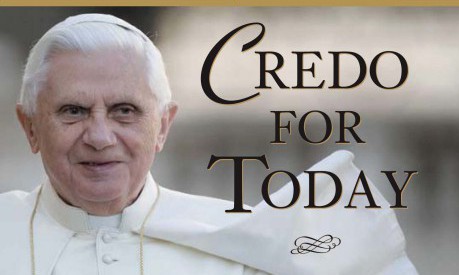When describing the development of his theological interests in a short book of memoirs first published in 1997, Cardinal Joseph Ratzinger underscored what he regarded as the arid state of the scholasticism he encountered during his seminary studies in post-war Germany.
This makes it somewhat ironic that, during his pontificate, Benedict XVI found himself delivering a series of tightly argued addresses, all of which emphasized the West’s need to return to right reason in the fullest sense of that word.
These speeches and their implications for law and democracy are explored in a collection of essays entitled Pope Benedict XVI’s Legal Thought: A Dialogue on the Foundation of Law, edited by Marta Cartabia and Andrea Simoncini.
The flight from right reason, so apparent in Western culture and Christian life since the 1960s, has long worried many Jewish and Christian scholars.
The 1993 encyclical Veritatis Splendor, for instance, can only be fully understood against the background of efforts by some moral theologians—many of whom, such as the late Josef Fuchs SJ, were not coincidentally from the German-speaking world—to maintain the language of natural law while infusing it with consequentialist and proportionalist argumentation to legitimize positions clearly contrary to longstanding Christian teaching concerning exceptionless moral absolutes.
Perhaps one of the most innovative aspects of Pope Benedict’s efforts to restore reason to its proper place in the West and religious intellectual life more generally was his willingness to go, as another pope often says, to “the peripheries” to make his case. Put another way, to the extent that what some people call “the Benedict Option” involves Christians disengaging from a thoroughly secularized public square and declining to present arguments based on public reason, the sixteenth Pope Benedict was not inclined to embrace this approach. Continue reading
Sources
- The Witherspoon Institute, from an article by Samuel Gregg, Research Director at the Acton Institute.
- Image: Ignatius Insight
